In-car Electronics
Infotainment system (audio, GPS, phone), rear entertainment system, backup or other camera/sensors, head-up display.
What Owners Say
"A certain car wash would cause the screen go black and car would stop. The first time it happened, the screen returned within 30 seconds. The second time it happened, i had to have the car pushed to the side parking lot. I called Tesla; however, the person didnt have a solution. The screen subsequently returned within 30 minutes"
Anonymous, IL (2020 Tesla Model S Long Range Electric)"The cruise control regularly tries to kill me. Phantom braking, running me into cars in other lanes or highway partitions. The nagging function also doesn't work -- it boots me out of cruise control when I've got both hands on the wheel. This happens constantly. The last time, my car said that I would be permanently locked out of FSD (which I have paid for and never used) if it happened one more time. So now I don't use the cruise control at all. I've had the car in three times for Tesla to fix it. The first time, they claimed they did, but didn't. The second time, they told me there was no problem. The third time, they refused to take it in at all. This car is a lemon, and Tesla's "repair service" does neither. I will never buy another one of their cars. The other issue is that a body panel was misaligned when I picked up the car. I brought it back a week later (out of new-car warranty) to have them fix it, and left them with it for three days. When I went to pick it up, the panel wasn't fixed. I watched a guy go out with some glue and clamp, and fix it while I waited -- 20 minutes. They charged me $1500 for this. This was my first week as a Tesla owner, and it was a preview of how bad their service is. They CHEAT. Again: I will never buy another one."
Anonymous A., WA (2020 Tesla Model S Long Range Electric)"FM radio wasn't working for several months. Initially there was no fix but after several months Tesla repaired it."
Anonymous A., BC (2020 Tesla Model S Long Range Electric)















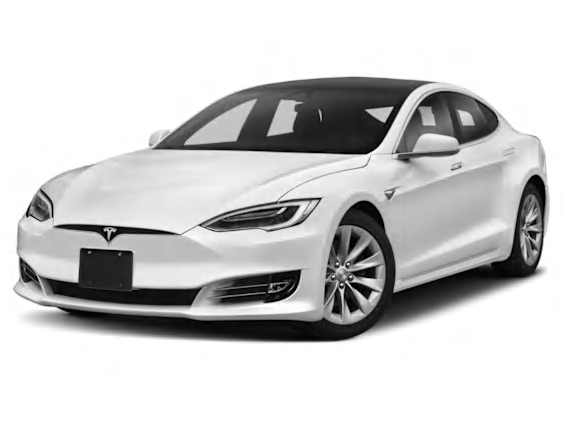
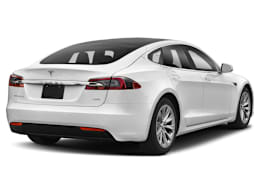

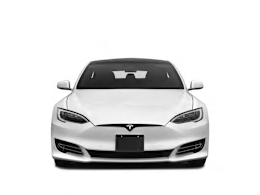
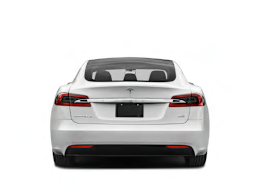
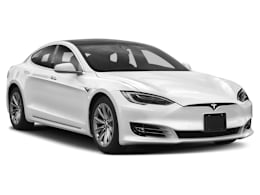
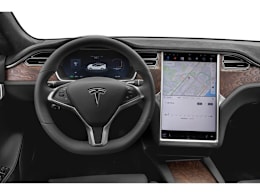
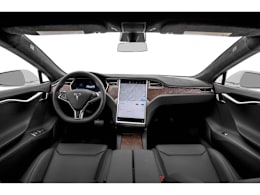

"These appear when Im driving. When I arrive home, I reboot the system, and the screen functions again"
Anonymous, IL (2020 Tesla Model S Long Range Electric)